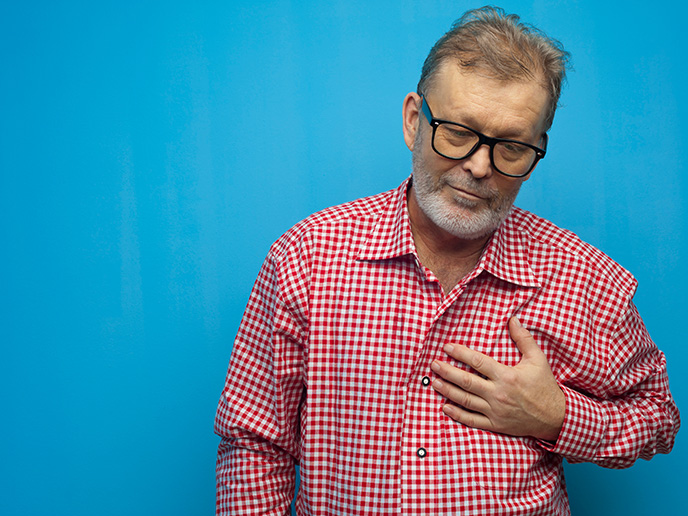Shaping a healthy lifestyle for Europe’s adolescents
The rise of eating disorders and nutrition-related diseases in the 21st century is a serious reason for concern. Creating an environment that supports a positive attitude towards a healthy lifestyle should be done during childhood and adolescence, where physiological and psychological changes affect nutritional needs and habits. Since health-related messages do not seem as effective as expected in the adolescent population, the EU-funded ‘Healthy lifestyle in Europe by nutrition in adolescence’ (Helena) project aimed to understand the perception of a healthy lifestyle by European adolescents. By taking into account regional, cultural, social, genetic and gender differences across Europe, the project planned to identify the requirements for promoting healthy foods and to develop appropriate strategies. Project partners developed methods for assessing the lifestyle habits of adolescents across Europe with special focus on diet, nutrition and physical activity patterns. Also, the project investigated the attitude of adolescents of 12.5 to 17.5 years of age towards nutrition and physical activity, and established what determines their food choices and preferences. A key objective of the Helena consortium was to identify adolescents at risk of eating disorders, dislipidemia, obesity and type II diabetes. A healthy lifestyle education programme was developed to improve adolescents' health alongside a number of healthy foods and consumer marketing strategies for improving adolescents' diet. Web-based tools generating individual tailored advice on eating habits and physical activity were developed. These tools could be used in the context of nutrition and obesity prevention programmes of schools, health services and hospitals. Implementation of the Helena intervention strategy would offer a realistic approach for effectively enhancing the nutritional and lifestyle habits of adolescents in Europe.







